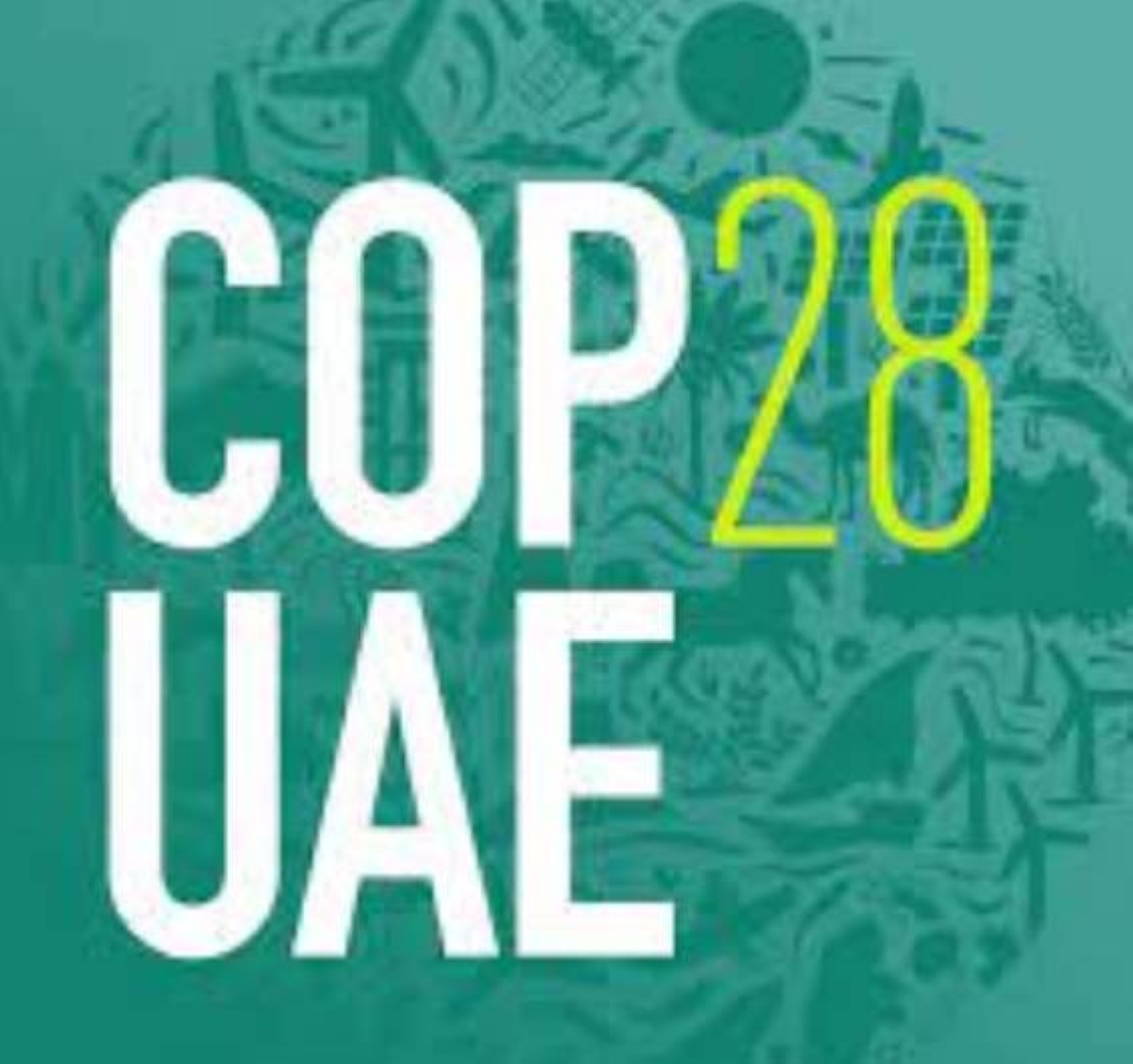CLIMATE Change Commission (CCC) Commissioner Albert de la Cruz, who recently attended the United Nations 28th Conference of the Parties on Climate Change (COP28) in Dubai, announced on Saturday that the Philippines would be rigorously implementing a phase-out of fossil fuels. In an exclusive interview with The Manila Times, de la Cruz emphasized the agency’s commitment to enforcing the fossil fuel deal in both the public and private sectors, as agreed upon during the conference.
De la Cruz revealed that President Ferdinand Marcos Jr., along with the Department of Environment and Natural Resources (DENR) Secretary Maria Antonia Yulo-Loyzaga, is determined to reduce the country’s carbon footprint by 75 percent by 2030 and achieve net-zero emissions by 2050. While these targets are contingent upon receiving the necessary funding and technology for implementation, the Philippine CCC is fully dedicated to upholding this historic agreement.
“It is not only our responsibility to the international community, but also our duty to future generations. We owe it to our children and their children to take responsibility for cleaning up the mess we have created with carbon emissions. Our present generation is the cause of these climate abnormalities, and we must be accountable in passing on a habitable planet to the next generation,” De la Cruz emphasized.
The Philippine government is also committed to utilizing various renewable energy sources, such as solar energy, wind turbines, hydropower, and geothermal energy, to achieve its climate goals. De la Cruz highlighted the ongoing projects at the grassroots level, implemented by local government units across the country, to enhance climate resiliency and mitigate the impacts of climate change, including extreme weather events like typhoons.
These projects, often referred to as “minor adjustments,” take into account the vulnerable population, including the elderly, pregnant women, and children. Local government units are required to submit their own local climate action plans, which prioritize the needs of vulnerable communities.
The agreement reached at COP28 was hailed as “historic” by COP28 President Sultan Al Jaber. While it signifies a significant step towards a sustainable future, the deal does not explicitly call for a complete phase-out of oil and gas usage. Fossil fuels, including coal, oil, and gas, are currently the largest contributors to global greenhouse gas emissions, responsible for over 75 percent of emissions and nearly 90 percent of carbon dioxide emissions, according to the United Nations.
China, as the largest producer of CO2, still relies heavily on coal, contributing to its rising carbon emissions. The COP28 summit, held in Dubai, United Arab Emirates, brought together almost 200 parties to discuss strategies for limiting and preparing for future climate change. The conference, initially scheduled to last from November 30 to December 12, 2023, was extended by an additional day.
The outcome of COP28 sets the stage for a swift, just, and equitable transition away from fossil fuels, underpinned by significant emissions reductions and increased financial support. While the agreement did not mark the complete end of the fossil fuel era, it is undeniably a crucial step in the right direction.







